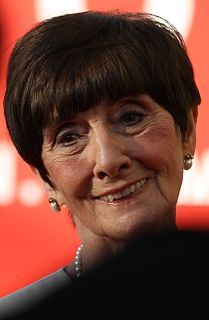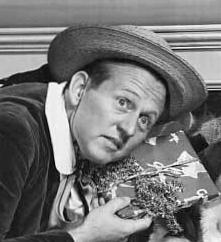A Quote by Libby Houston
[Children] use up the same part of my head as poetry does. To deal with children is a matter of terrific imaginative identification. And the children have to come first. It's no use putting off their evening meal for two months.
Related Quotes
I like reading books about kids where there weren't really many adults, where they didn't need an adult to come and solve the problems for them. They could use their own ingenuity, use their own talents to solve whatever the issue was. And I like that still. I think that children want to read about heroic children. They don't want to read about children that have to be saved all the time.
children are an embarrassment to a business civilization. A business society needs children for the same reason that a nomadic or a pastoral society needs them - to perpetuate itself. Unfortunately, however, children are of no use to a business society until they have almost reached physical maturity.
If you want your children to relate to the culture you live in, if you want to train them outside of the general system, you have to tell your children that ordinary children tend to say things like 'I can run faster than you; I can draw better than you; I know things you don't know'. You have to tell them what normal children are like. Normal children are messed up and you have to tell them about that. But if you instruct your child in high correlation with the physical world, they won't be able to relate with normal children. Normal means mixed up as I use the word.
We went to the same college so I know [Hillary Clinton's] study habits, but when she was first lady of Arkansas, she did a lot of things already for children, and she was head of the Children's Defense Fund, and that's how I first heard her or met her, she was very very involved in really a very important social program to do something about children and women and education.
Much of the pressure contemporary parents feel with respect to dressing children in designer clothes, teaching young children academics, and giving them instruction in sports derives directly from our need to use our children to impress others with our economic surplus. We find "good" rather than real reasons for letting our children go along with the crowd.
Much is made of the accelerating brutality of young people's crimes, but rarely does our concern for dangerous children translateinto concern for children in danger. We fail to make the connection between the use of force on children themselves, and violent antisocial behavior, or the connection between watching father batter mother and the child deducing a link between violence and masculinity.







































